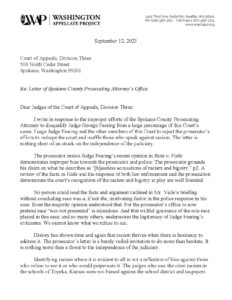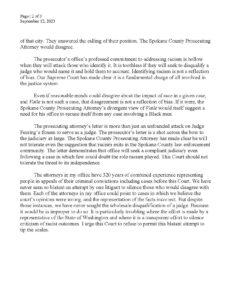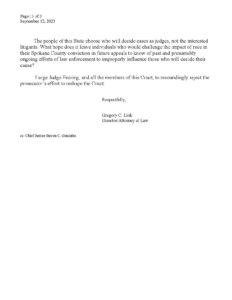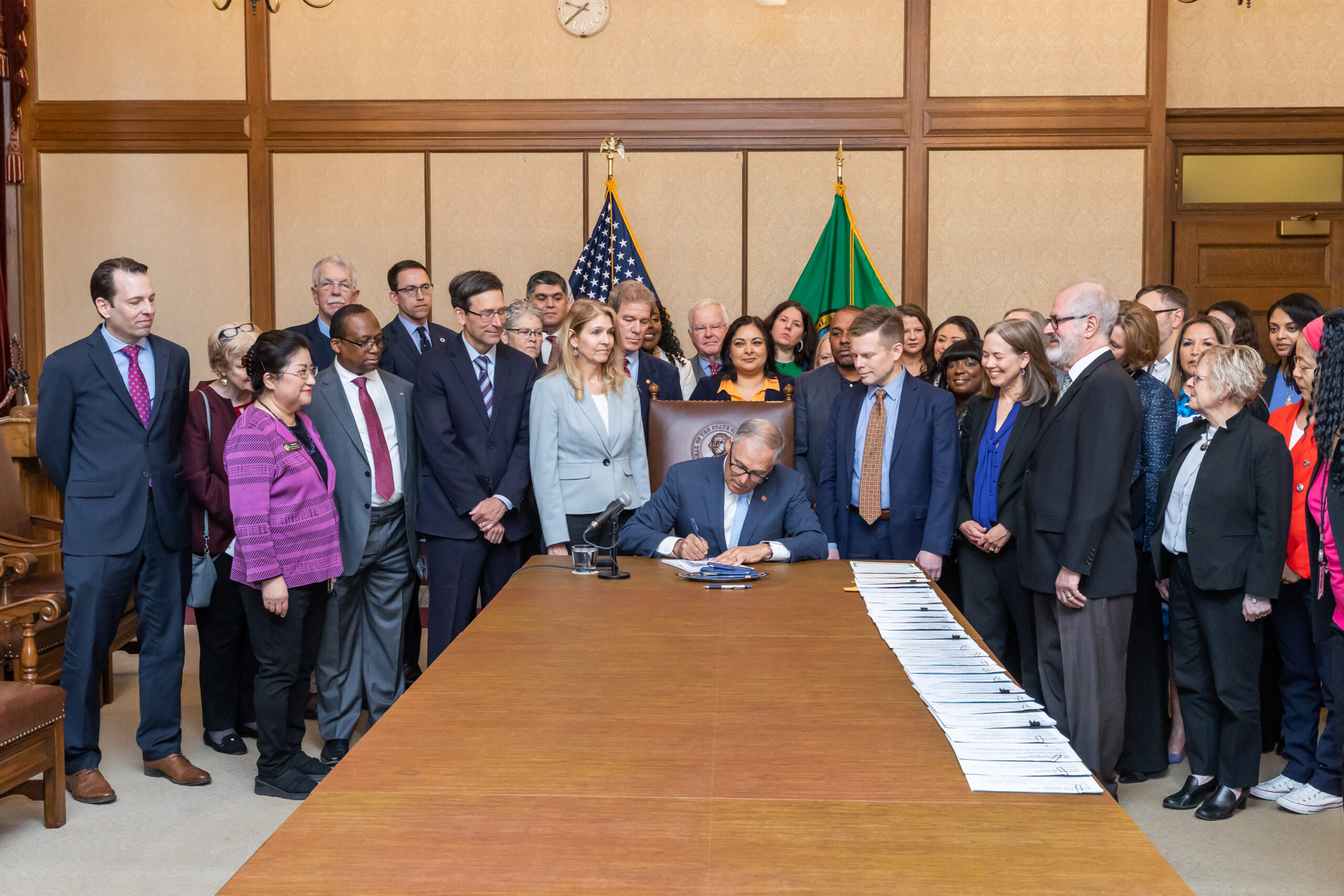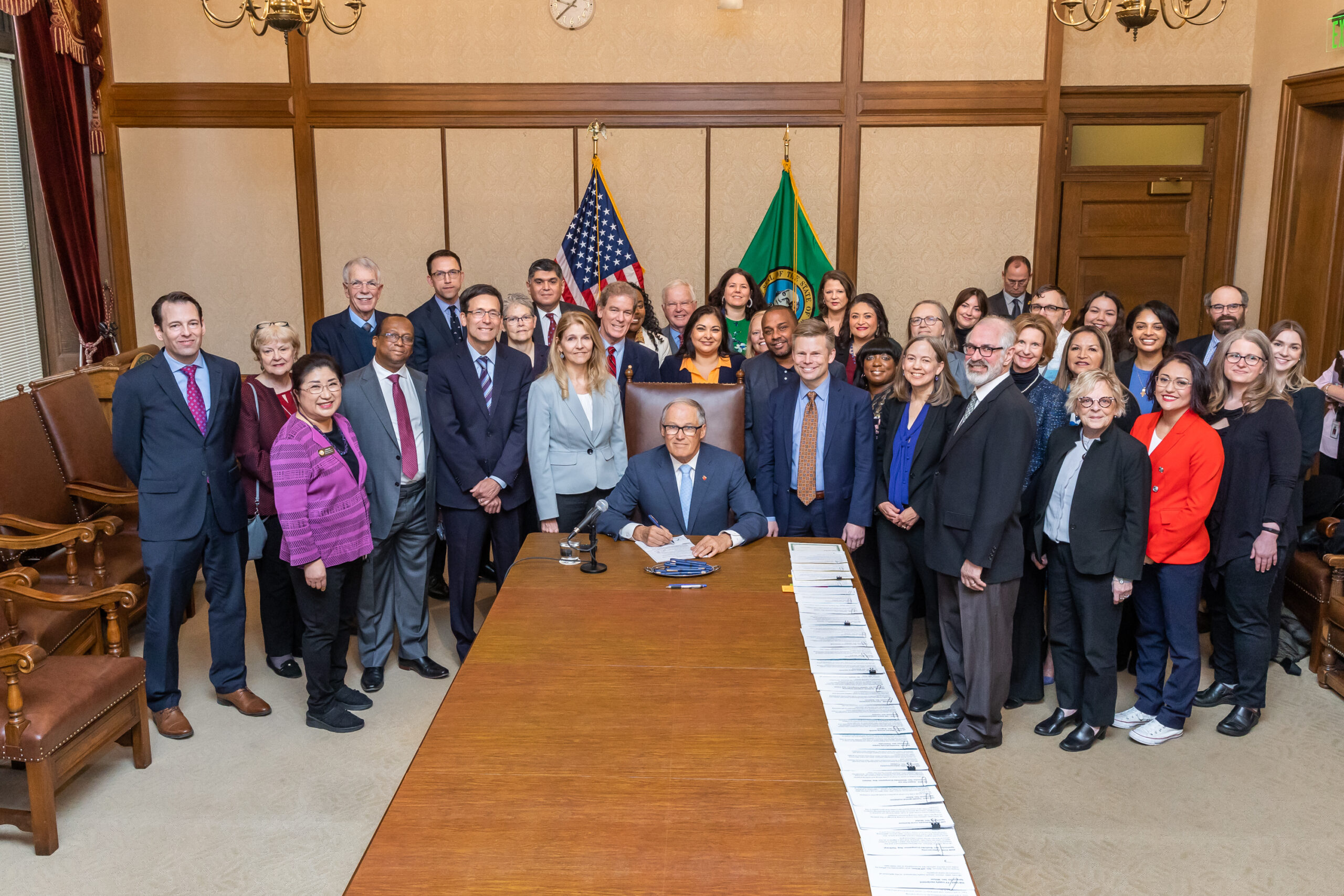Client at the center of Supreme Court’s Blake decision has passed away
October 6, 2023 – Washington Appellate Project grieves the loss of Shannon Bowman, also known as Shannon Blake, who passed away unexpectedly on August 14, 2023. Bowman, represented by Washington Appellate Project attorney Richard Lechich, was at the heart of the famous Supreme Court case, State v. Blake, that struck down Washington’s unconstitutional drug possession law.
Bowman’s obituary describes her as a “child-at-heart who marched to the beat of her own drum.”
The Blake decision was monumental in changing lives for the better, overnight impacting those who were previously charged and convicted under the unlawful drug possession statute. “Shannon’s case has given many people hope and a second chance, and many of my other clients are thankful for that,” Lechich said in an interview. “I’m proud and grateful that I was able to represent her in the Washington Supreme Court.”
We are deeply saddened by Bowman’s passing, and are grateful that Bowman sought to appeal and that her appeal connected her with our organization. This article from The Olympian further highlights the impact of Bowman’s case and how she was able to change the lives of those around her.




